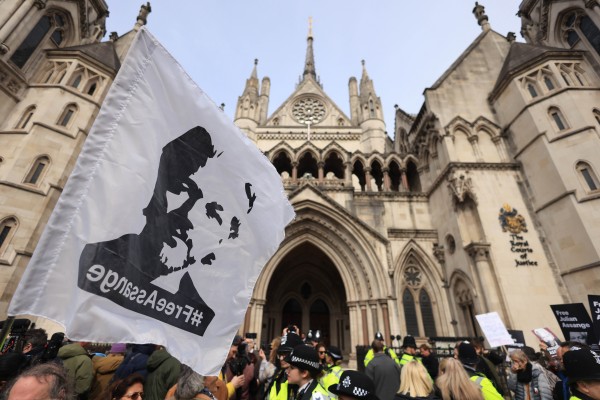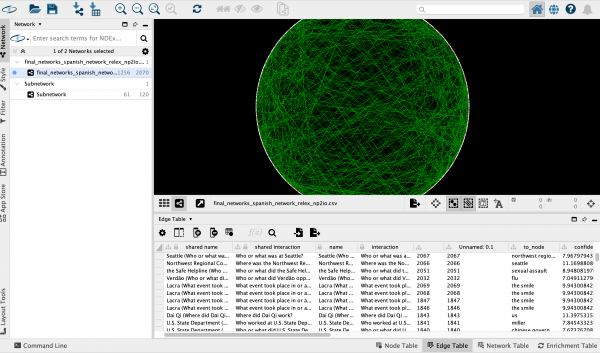A number of members of the Coordinating Committee of Press Freedom Organizations have approved a resolution expressing concern over a new media law recently implemented by the Republic of Ecuador. Among other troubling provisions, the law establishes a state media council with the power to punish the press.
IPI will shortly publish a comprehensive analysis of the law and its potential impact on the free flow of information in Ecuador.
The full text of the resolution follows:
—————————————————————————————————–
Ecuador
“WHEREAS, the Ecuadorian National Assembly enacted the Organic Law on Communications, whose provisions have serious implications for the practice of free and independent journalism in a democratic society;
”WHEREAS, the Law puts freedom of expression and of press in Ecuador under serious risk by establishing the legal framework to impose restrictions and conditions on the journalistic profession that contravene international standards;
”WHEREAS, given its ambiguity, the Law would seriously limit freedom of expression and of the press in Ecuador by allowing for the discretionary application of sanctions and government censorship of the press, promoting self-censorship of voices critical of the government;
”WHEREAS, with the government’s apparent intention to marginalize independent press, the Law creates the office of Superintendent of Information and Communication, with the authority to penalize non-compliance with the new rules;
”WHEREAS, the Law legalizes the concentration of media in the hands of the State to reduce the reach of private media by allocating radio and TV frequencies: as follows 34% to community media, 33% to State-owned media, and 33% to the private sector — diminishing the watchdog role of the private media in a democracy;
”WHEREAS, the Law regulates news media content, and establishes programming quotas and a journalism degree requirement to practice the profession of journalism, violating international legal norms and conventions;
”WHEREAS, the Inter-American Commission on Human Rights’ (IACHR) Declaration of Principles on Freedom of Expression establishes in its Article 5 that ‘Prior censorship, direct or indirect interference in, or pressure exerted upon any expression, opinion or information transmitted through any means of oral, written, artistic, visual or electronic communication must be prohibited by law. Restrictions to the free circulation of ideas and opinions, as well as the arbitrary imposition of information and the imposition of obstacles to the free flow of information violate the right to freedom of expression.’
”THE COORDINATING COMMITTEE RESOLVES:
”To alert international organizations, democratic states and Latin American and worldwide news media outlets about the progressive loss of fundamental rights in Ecuador, especially in relation to freedom of expression and of the press.
”To call upon the IAHRC to review the Law to determine whether it conforms with international treaties and agreements, such as the American Human Rights Convention and the Inter-American Democratic Charter, as well as to the Universal Declaration on Human Rights.
”Express its support for independent journalists and news media in Ecuador.”
The Coordinating Committee of Press Freedom Organizations is also integrated by the Committee to Protect Journalists (CPJ), Commonwealth Press Union (CPU), Reporters Without Borders (RSF), the Worldwide Magazine Media Association (FIPP), and the World Association of Newspapers and News Publishers (WAN/IFRA).
Signed by:
The International Association of Broadcasting (IAB)
The World Press Freedom Committee (WPFC)
The International Press Institute (IPI)
The Inter American Press Association (IAPA)


